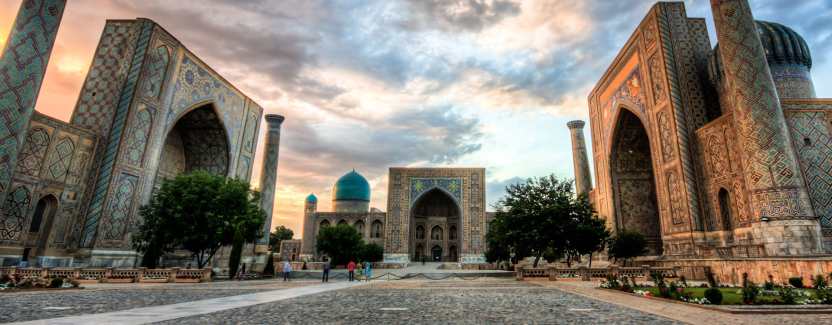Tashkent ( WNAM MONITORING ): The Tourism Committee under the Ministry of Ecology, Environmental Protection and Climate Change of the Republic of Uzbekistan, in cooperation with the Agency for Strategic Reforms and with expert support from the international consulting firm Reformatics, is actively working on a Tourism Development Strategy extending to 2040.
Reformatics has already provided professional expertise across several key areas — from field assessments of tourism infrastructure and data collection to engagement with sector-specific institutions and training sessions for tourism professionals.
As part of the initial phase, Reformatics representatives visited strategically important regions such as the Republic of Karakalpakstan, Bukhara, Samarkand, and Khorezm provinces, as well as the Aydar-Arnasay lake system. The focus was on studying natural and cultural sites and identifying potential for new tourist routes.
In parallel, meetings were held with government agencies to discuss visa policies, tourism branding, and institutional development. A hands-on seminar on modern marketing approaches in tourism was also conducted for industry professionals. Topics such as licensing, human capital development, and tourism service certification were also addressed.
The ongoing work on the strategy emphasizes regional diversification, with special attention to the Fergana Valley, the Khiva–Nukus tourist corridor, and other high-potential routes. Upcoming events will include public discussions of interim results and a presentation of Morocco’s tourism reform experience, adapted for Uzbekistan.
One of the innovative directions under consideration is the development of auto and moto tourism. Plans include building custom-designed campgrounds in scenic natural and mountainous areas, accessible by car or motorcycle.
To stimulate demand, the strategy also explores the local production of camper vans and trailers in collaboration with foreign partners. In addition, the rollout of compact “smart” fuel stations along major highways is being considered — a solution that eliminates the need for large fuel depots and supports small business development.
International examples from countries like the United States, Germany, and France show that auto and moto tourism can generate billions in revenue annually while fostering strong domestic travel demand.
These and other initiatives will form an integral part of Uzbekistan’s long-term tourism strategy, aimed at building a modern, accessible, and traveler-friendly ecosystem that caters to a broad range of visitors by 2040.


